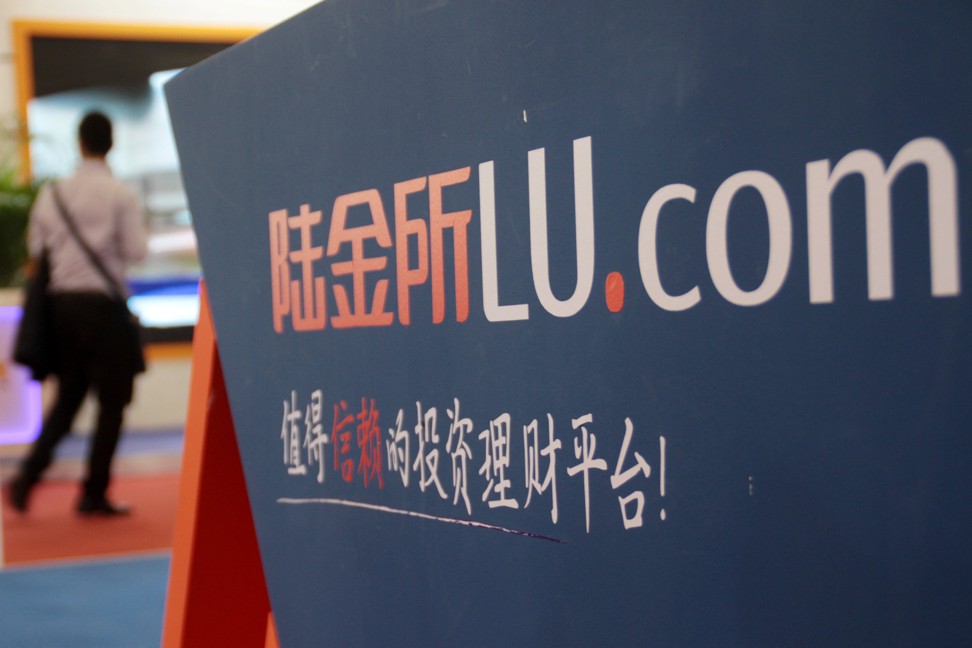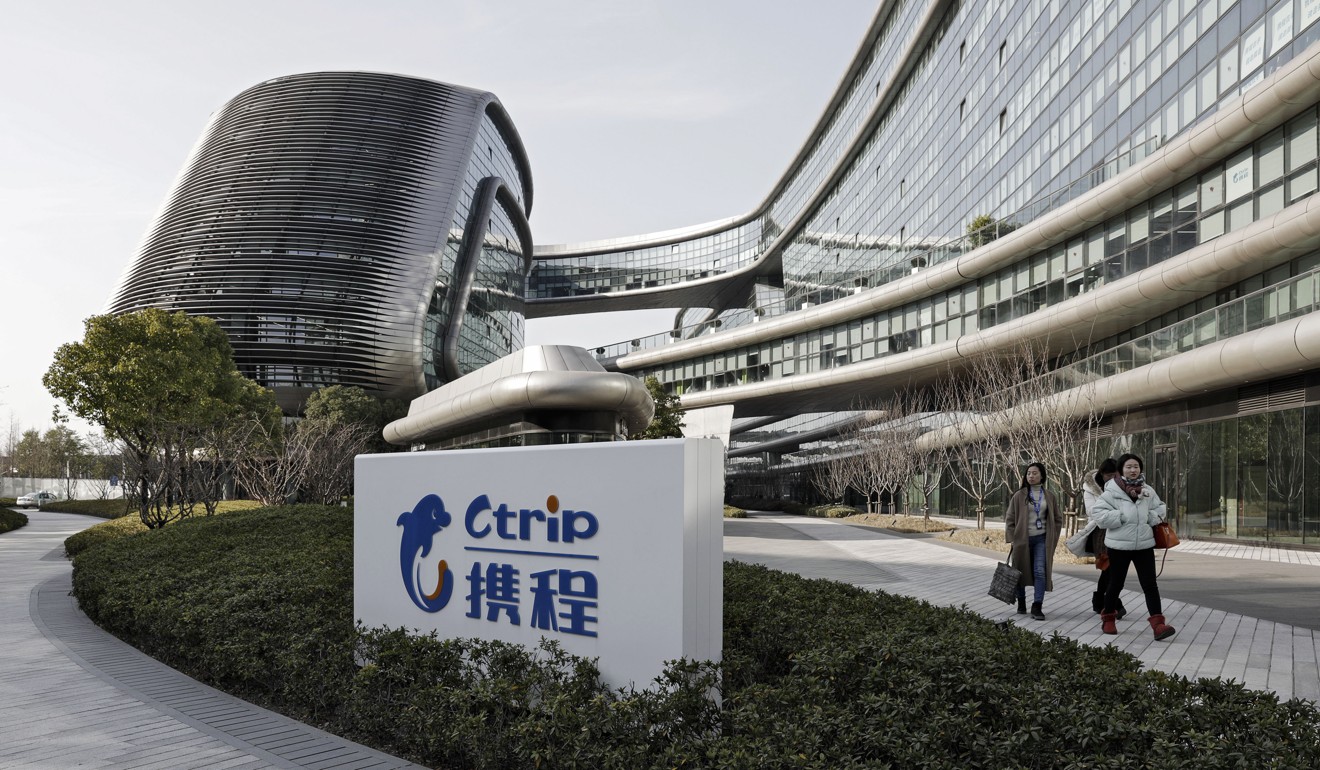
Chinese tech giants and IPO hopefuls woo banks for loans as coronavirus shuts access to equity markets
- Xiaomi mulls syndicated loan and US dollar-denominated bond issue in 2020, people familiar said
- Lufax seals a three-year US$1.29 billion loan; Trip.com seeks US$1.2 billion loan
Some of China’s fastest-growing companies are rushing to credit markets for billions of dollars in loans after the global stock rout caused all-in borrowing costs to tumble and shut companies out of the equity markets.
Chinese smartphone maker Xiaomi Corp and travel specialist Trip.com Group are among the largest new-economy firms talking to banks for fresh loans, according to people familiar with their plans. Chinese online wealth management platform Lufax told the Post it was in the final stages of sealing a US$1.29 billion loan from eight banks.
The market rout stoked by the coronavirus pandemic and oil-price collapse is pushing corporate treasurers to replenish funds for different reasons. Chinese start-ups that were preparing for an initial public offering are now locked out of the market as risk appetite and valuations collapsed.
Some are seeking to alleviate a liquidity crunch to keep their business going or to repay maturing debt, bankers said, while the stronger ones are seizing the opportunity to grab market share or buy their competitors. Lufax said its loan would help “fuel business growth”.

“This is an investment and M&A opportunity for some clients as the current equity valuations are attractive, allowing them a window to win market share at this price point,” said Farhan Faruqui, ANZ’s head of institutional business outside of Australia. ANZ is talking to clients across Asia to help them find and fund investment opportunities, he said.
Only the largest and strongest companies are likely to secure big loans from a syndicate of international banks for long enough to let them ride out the current slump.

Nasdaq-listed Trip.com is in talks with banks about a US$1.2 billion syndicated loan, according to people familiar with the matter. The firm may ask state-owned Chinese banks to participate in the loan if commercially driven lenders are reluctant as the business suffers from a slump in air travel, the people said. A Trip.com spokeswoman declined to comment.
Xiaomi has also been talking to bankers about taking out a syndicated loan and a US dollar-denominated bond this year, people said. However, it may have to wait for a window of calm in markets, they added. Xiaomi spokespeople did not respond to a request for comment.
Lufax, a company backed by China’s Ping An Insurance, priced its three-year bullet loan at US$1.29 billion with an all-in borrowing cost of around 148 basis points, people familiar with the matter said. Lufax said banks in the syndicate included HSBC, Citibank, Bank of China, JPMorgan, Morgan Stanley, Goldman Sachs, UBS and Bank of America.
Chinese businesses are facing a liquidity squeeze as coronavirus outbreak ravages economy with Premier Li Keqiang calling for monetary easing ‘soon’
The syndicated loan market for Asian companies has shrunk to US$16.8 billion year to date, from US$78.8 billion a year earlier according to data tracker Dealogic, as lenders become more cautious. These loans are too big for one bank so lenders form a syndicate and spread the risk of the borrower defaulting.
“Most clients do have a sufficient liquidity buffer for the rest of the first quarter but if the situation is prolonged then companies will need to have an additional liquidity buffer,” said John Lee, head of Greater China at UBS Global Banking.
“Smaller names will find it harder than before to secure loans as banks will want to deploy their balance sheet to the largest companies,” said UBS’s Lee. The Swiss bank was one of the lenders to extend a US$1.3 billion loan to Beijing-based ByteDance in April 2019.
Bankers feel safer lending to companies with well-established backers such as Ping An. Lending to a Chinese unicorn deepens the relationship for investment bankers ahead of a potential IPO. Profitable Lufax was valued at a post-money valuation of US$39.4 billion during its third financing round in 2018.
When casinos in Macau closed for two weeks in February because of the coronavirus epidemic, MGM China Holdings reached out to its lenders to ease a loan covenant on its HK$9.75 billion (US$1.3 billion) credit facility maturing on May 15, 2024, relating to its net debt to Ebitda leverage ratio, a person familiar with the matter said. The bankers agreed, the person said.
“Banks are likely to be accommodating as Covid-19 spreads as this is viewed as a six to nine months issue,” said ANZ’s Faruqui. “But equally they will make hard decisions around some customers who will be structurally challenged.”
“In Hong Kong, there are additional pressures brought by the protest movement,” said Faruqui.
Purchase the China AI Report 2020 brought to you by SCMP Research and enjoy a 20% discount (original price US$400). This 60-page all new intelligence report gives you first-hand insights and analysis into the latest industry developments and intelligence about China AI. Get exclusive access to our webinars for continuous learning, and interact with China AI executives in live Q&A. Offer valid until 31 March 2020.

